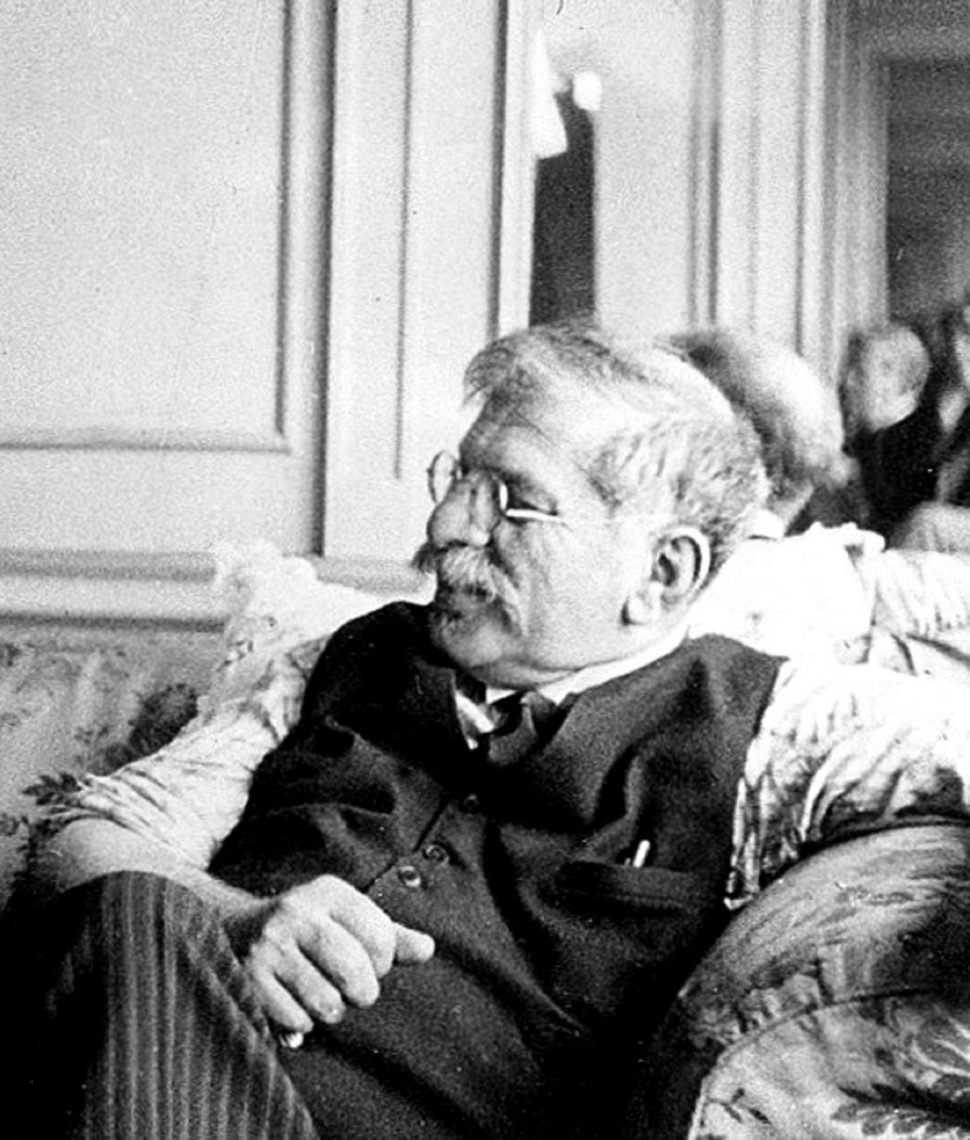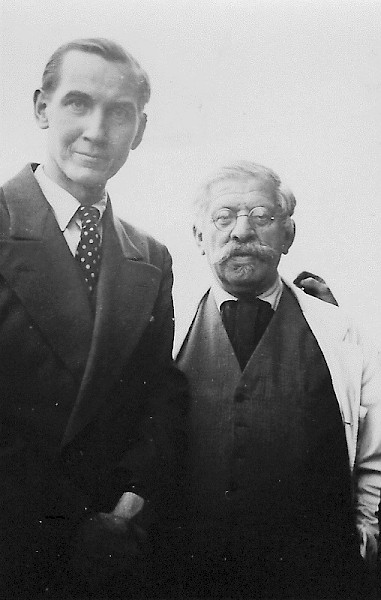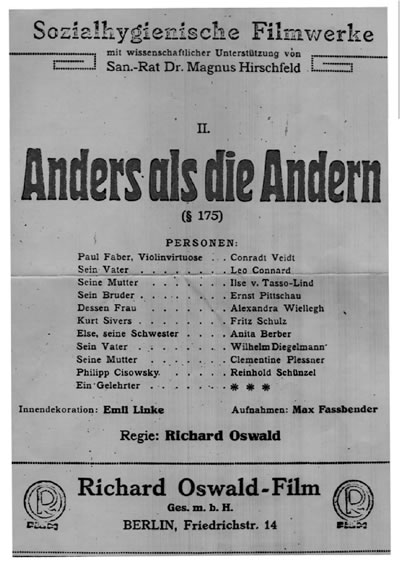Pride Month, and its celebration of the many ways to love and be loved, is a result of years of activism and advocacy on the part of LGBTQ+ people and their allies, particularly starting in the 1960s. But before the dawn of the 20th century one German Jewish doctor and sexologist, Dr. Magnus Hirschfeld, became a pioneer for LGBTQ+ rights, paving the way for the world to recognize the existence and legal rights of individuals regardless of their sexual orientation.
Hirschfeld was born in 1868 Kolberg (now Kolobrzeg) Poland and eventually moved to Germany in order to earn his doctoral degree. After moving to Berlin in 1896 and establishing a practice there, Hirschfeld embarked on a remarkably productive career in both the study of sexuality and advocating for the rights of sexual minorities.

For Hirschfeld, this was a matter of life and death, after treating a number of patients who attempted or eventually committed suicide because of their sexuality; later, in 1919, he would even write a film, Different from the Others (Anders als die Andern) and even had a small role in which he urges a man not to commit suicide after his lover does. Additionally, this activism was also personal; Hirschfield’s own sexuality was an open secret, and he lived with his two life partners, Karl Giese, and Li Shiu Tong.
In 1897, Hirschfeld co-founded the Scientific Humanitarian Committee, which is considered to be the first organization promoting for gay and transgender rights. Hirschfeld and the other founders of the committee hoped that a more scientific understanding of homosexuality would eventually lead the public to reject homophobia. In addition to conducting scientific research, the Committee worked to decriminalize homosexual relationships between men in Germany; one petition to repeal the criminal law against male homosexuality garnered thousands of signatures, including Albert Einstein.

Over the course of his research and activism, Hirschfeld made a number of pronouncements that proved him to be someone who was very ahead of his time. He determined that there were categories beyond “male” or “female,” which he referred to as “sexual intermediaries,” which included transgender people, and people who were gay, lesbian, or bisexual, making him one of the first to acknowledge the existence of gender-nonconforming people and variations of human sexuality.
Hirschfield also believed that gay rights and women’s rights were closely linked, and also advocated for contraception, access to abortion, and premarital sex and argued against policies dictating that female teachers and civil servants could not be married or have children. In 1919, during the more liberal years of the Weimar Republic, Hirschfeld co-founded the Institute of Sexual research, which provided medical and educational services to thousands of annual visitors, and also employed and gave medical treatment to transgender people.

As a Jew, a gay man, and a prominent proponent of LGBTQ+ rights, Hirschfeld was always a target for German nationalists and was even beaten and left seriously injured in 1920. After the Nazis came to power in 1933, Hirschfeld became even more of a target. The Institute for Sexual Science was stormed by Nazi university students, who beat staff, damaged the property, and shouted “burn Hirschfeld!”; books were later removed from the library for a book-burning event. The Institute was forced to close. Hirschfeld, who was abroad on a speaking tour, never returned to Berlin; he eventually moved to France, where he died in 1935.
Although Hirschfeld did not live to see it, many of his ideas ultimately moved from the fringes to the mainstream. As we celebrate Pride Month, we should also make sure to remember the Jewish doctor from Berlin who helped pave the way for its existence, and who dedicated his life to the idea that, as he put it, “love is as varied as people are.”

Translated from Hebrew by Danna Paz Prins